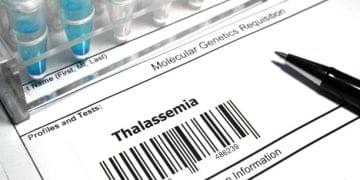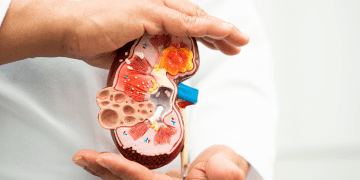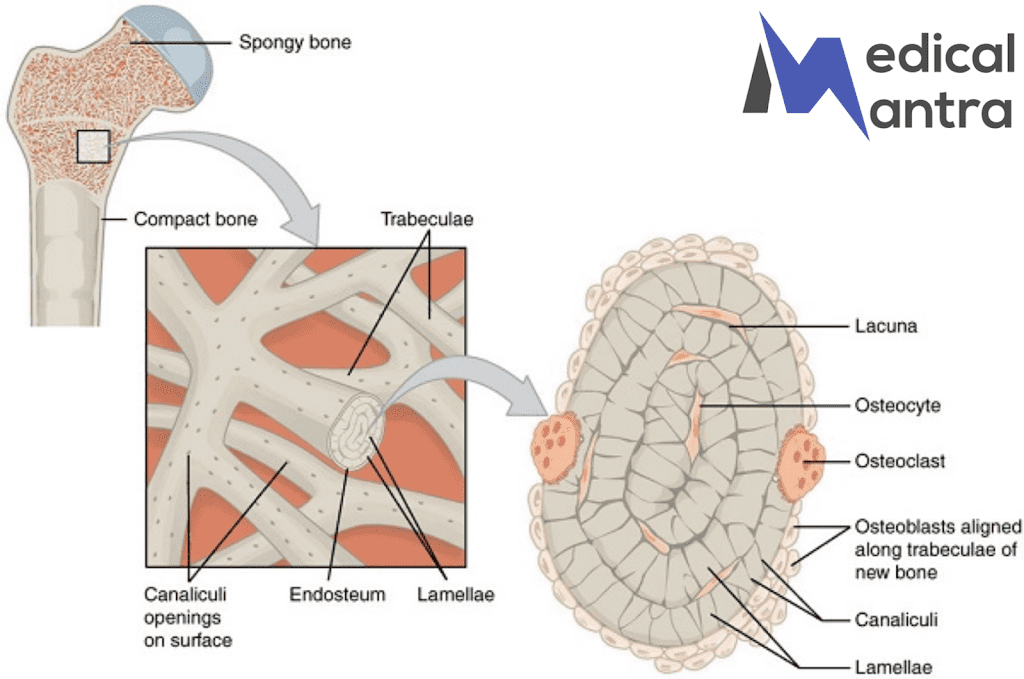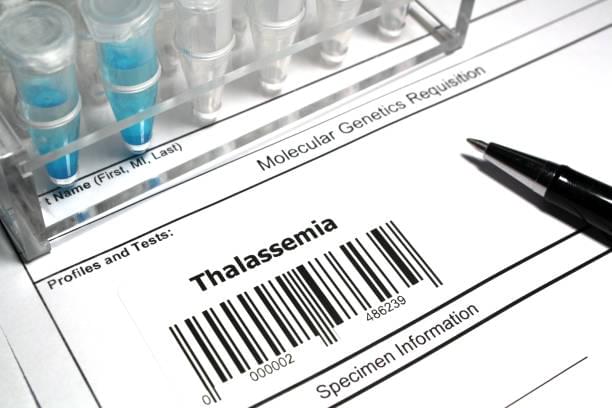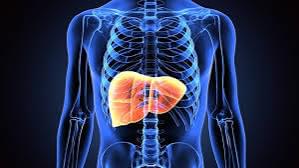What is Klinefelter Syndrome ?
Klinefelter syndrome, also known as XXY syndrome, is a genetic condition that occurs when a male is born with an extra X chromosome. Instead of having the typical XY chromosome pattern, males with Klinefelter syndrome have an XXY pattern. This condition affects about 1 in 500-1000 males.
Symptoms of Klinefelter Syndrome
Klinefelter syndrome can have a wide range of physical and developmental symptoms, and its severity can vary from person to person. Some of the common symptoms associated with this condition include:
- Small testicles: Males with Klinefelter syndrome often have smaller testicles than normal.
- Infertility: Due to the smaller testicles, the production of sperm may be reduced, leading to infertility.
- Gynecomastia: Many males with Klinefelter syndrome develop breast tissue, which can result in enlarged breasts.
- Tall stature: Males with Klinefelter syndrome tend to be taller than average.
- Learning difficulties: Some individuals with Klinefelter syndrome may have difficulty with language and reading skills.
- Social and behavioral problems: Some individuals with Klinefelter syndrome may have social and behavioral difficulties, such as shyness, anxiety, and low self-esteem.
- Increased risk of health problems: Males with Klinefelter syndrome have an increased risk of certain health problems, such as osteoporosis, diabetes, and autoimmune disorders.
Causes of Klinefelter Syndrome :
Klinefelter syndrome is caused by a random genetic mutation that occurs during the formation of reproductive cells. It is not inherited from the parents. The diagnosis of Klinefelter syndrome is typically made through genetic testing, which can be done before or after birth.
Treatments of Klinefelter Syndrome :
Treatment for Klinefelter syndrome depends on the individual’s symptoms and needs. Hormone therapy may be used to address some of the physical symptoms, such as gynecomastia and reduced testosterone levels. Assisted reproductive technology, such as in vitro fertilization, may be used to help individuals with Klinefelter syndrome achieve pregnancy. Educational and behavioral therapies can also be helpful for individuals with learning and social difficulties.
Summary of Klinefelter Syndrome :
In conclusion, Klinefelter syndrome is a genetic condition that affects males and is caused by an extra X chromosome. It can result in a range of physical and developmental symptoms, including small testicles, infertility, gynecomastia, tall stature, learning difficulties, and social and behavioral problems. Treatment for Klinefelter syndrome depends on the individual’s symptoms and needs.


